

2024 was a pretty good year for smartphones. Apple finally adopted RCS to enable more modern texting with Android users, Google released a pocket-friendly Pixel phone with Pro-level cameras, and Samsung became the second brand to promise a whopping seven years of updates.
Unfortunately, it wasn’t all sunshine and roses. So here are the biggest phone flops and fails of 2024, including a couple that aren’t quite phone-related.
What was the worst fail of 2024?
274 votes
1. The AI gadget fad
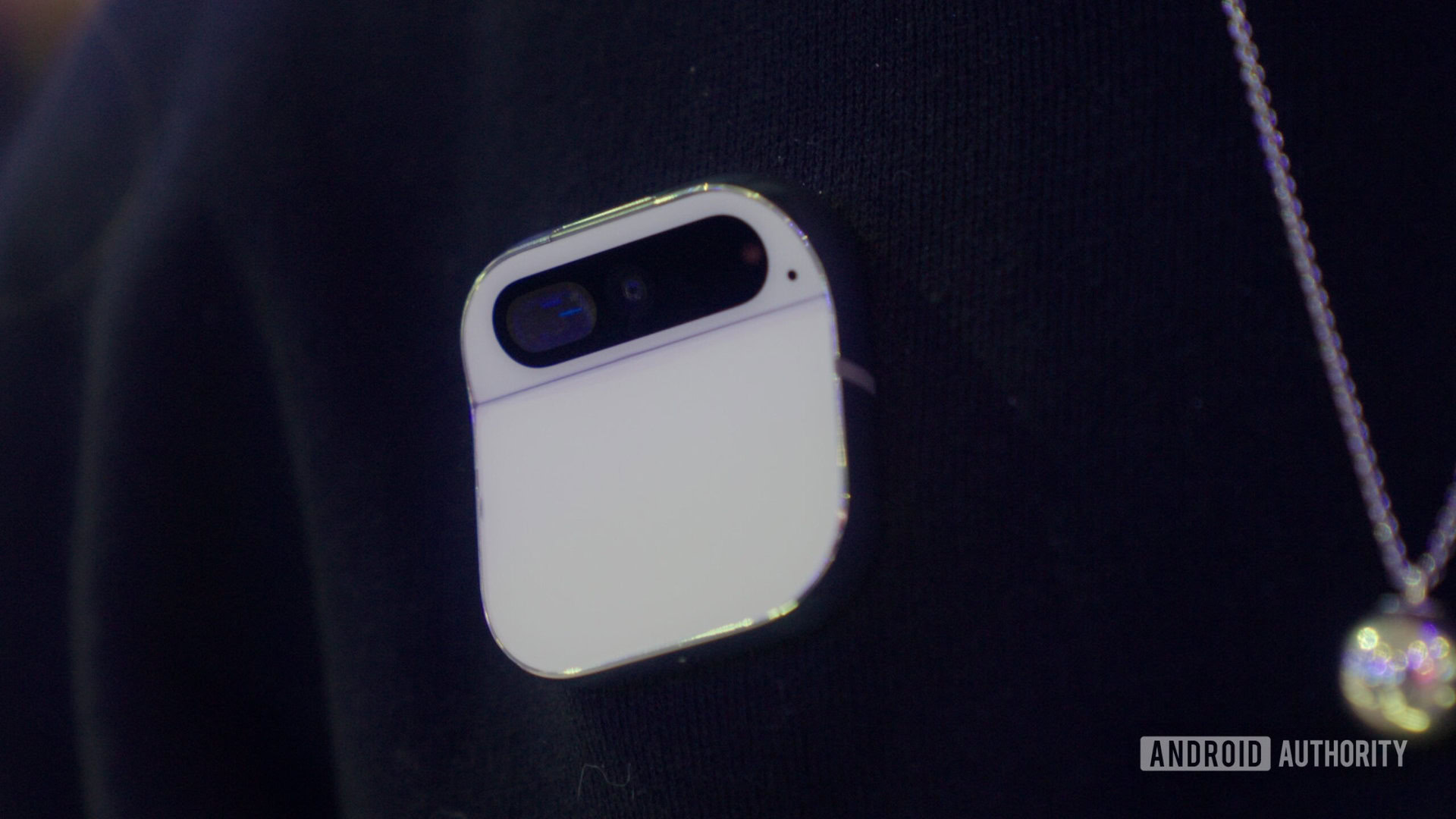
Adamya Sharma / Android Authority
It’s not technically a smartphone, but we’d be remiss if we didn’t highlight the AI gadget fad in early 2024 as several startups emerged with standalone AI devices. Two of the most notable entries in this regard were the Rabbit R1 and the Humane AI Pin.
The former was a pocket-friendly AI gadget that touted a Large Action Model, effectively promising to be a butler that could take app actions on your behalf. Unfortunately, the device and platform were plagued with major security concerns at launch while plenty of features were missing at first. The Humane AI Pin wasn’t much better, as this shirt-worn gadget took your inputs and spat out answers via a mini-projector or as audio. Reviews decried the product as woefully unfinished while the projector itself was useless outdoors. Ouch.
The lack of polish and limited functionality at launch was disappointing for both gadgets, but critics also pointed to the fact that the Rabbit R1 could’ve and maybe should’ve been an app. For what it’s worth, smartphone brands and chipmakers are hyping this agentic approach to tasks as the next big thing.
2. Apple and Google’s horrible AI ads
Apple hopped aboard the AI train this year with its Apple Intelligence suite of features, trying to catch up to Android rivals in this space with features like writing assistance, notification summaries, and more. Unfortunately, the company came under fire for a dystopian, tone-deaf ad highlighting Apple Intelligence. The video shows kids surprising a father with gifts for his birthday while his wife silently realizes that she forgot his birthday and a gift. Not to fear, as she quickly conjures up an AI-created slideshow video of memories on her iPhone. Seriously.
Apple wasn’t the only brand to miss the mark with its AI ads. A controversial Google ad depicted a father asking Gemini to help his daughter write a letter to a prominent Olympic athlete. Would you really want a supposedly heartfelt, AI-generated letter from someone in the first place? And wouldn’t helping your child during moments like these be a parent’s job? What next, OpenAI teaches a child how to ride a bike?
Google also had more AI-related embarrassments up its sleeve in 2024. This included an image generator that created diverse Nazis and AI Overviews dishing out horrible advice. But hey, at least these companies quickly rolled out generative AI features to appease investors, right?
3. Google’s numerous Pixel 9 Pro Fold cutbacks
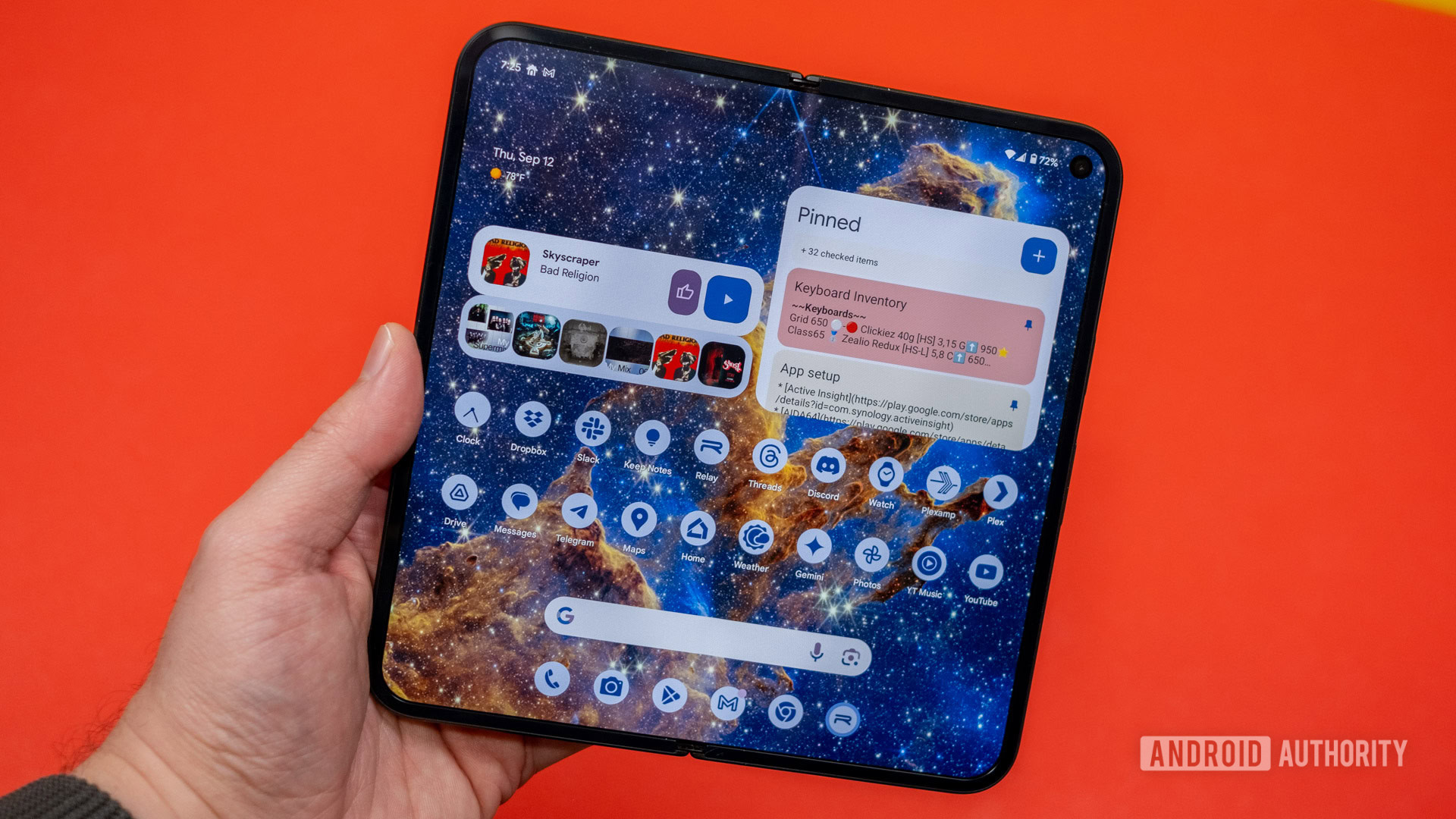
Ryan Whitwam / Android Authority
We called the Pixel 9 Pro Fold Google’s most impressive foldable to date, giving it 4.5 stars out of five, too. That’s largely due to the thin design, huge display, and long-term updates. But dig a little deeper, and you’ll find some significant downgrades compared to the standard Pixel 9 Pro series.
Perhaps the most notable issue is that the $1,800 foldable phone has notably inferior camera hardware compared to Google’s conventional phones. That’s a downer but not unexpected for foldables. Unfortunately, the Pixel 9 Pro Fold also has extremely slow wired and wireless charging, topping out at 21W and 7.5W respectively. Even the $800 Pixel 9 has higher wattages across the board. Got a Pixel Stand? Well, the foldable doesn’t support this charging accessory.
Throw in some missing Video Boost features (8K, Super Res Zoom video) and it’s clear that the Pixel 9 Pro Fold isn’t actually on par with the other Pixel 9 Pro phones as its name implied. It’s still a great foldable phone, but it’s not a Pro device.
4. Samsung’s hostile approach to repairs
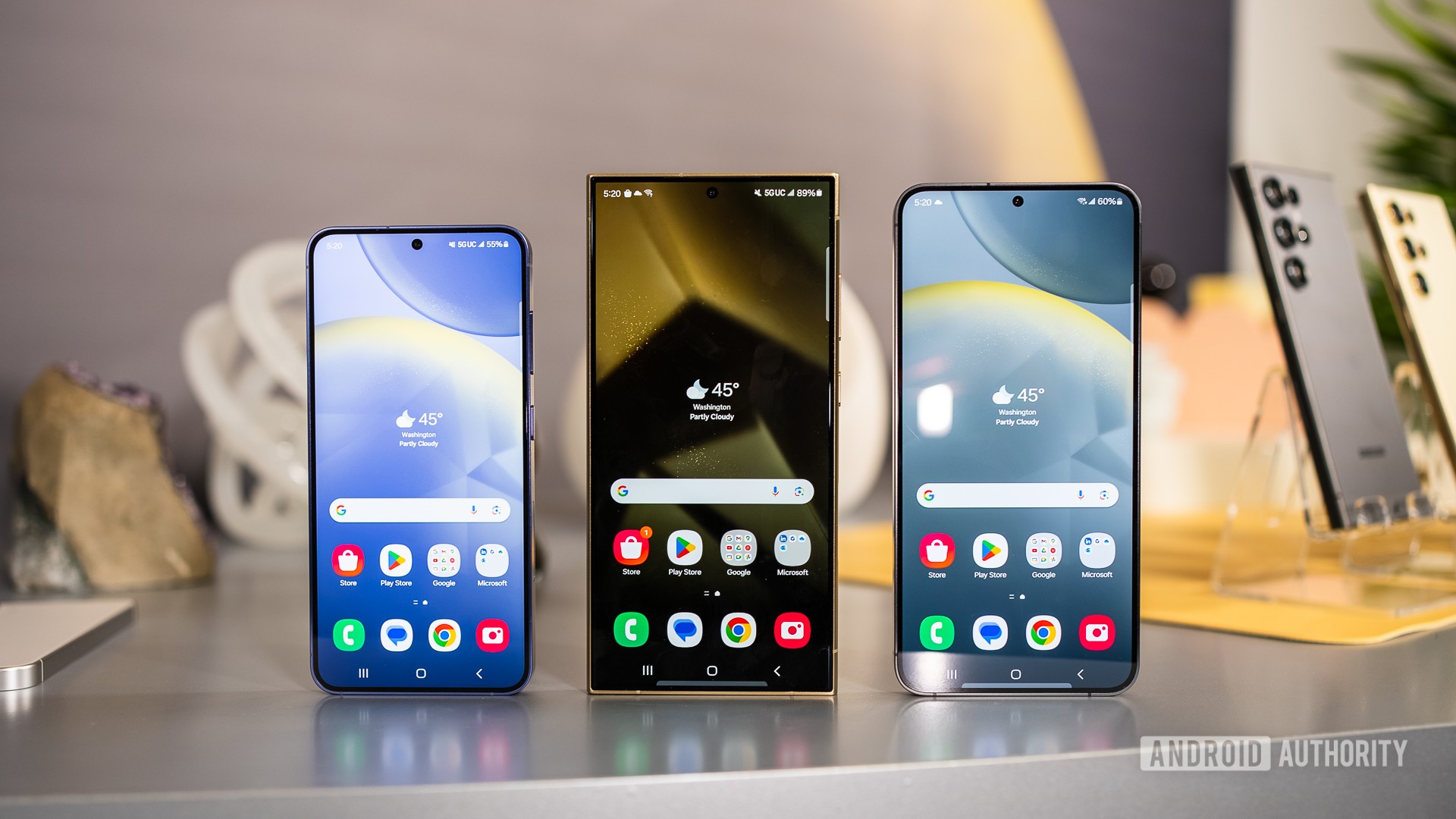
Lanh Nguyen / Android Authority
The vast majority of smartphones are tough to repair, and Samsung devices are no exception. Unfortunately, 2024 revealed that the Galaxy maker made some nefarious moves in this regard.
The first major controversy emerged in May when DIY repair platform iFixit announced that it was ending its relationship with Samsung. This meant it would no longer be the Korean brand’s official third-party tools and parts distributor. The platform suggested that Samsung wasn’t serious about embracing DIY repairs, citing a variety of issues. This included the high price of parts, the lack of parts for newer phones, and Samsung’s refusal to let iFixit help local repair stores.
These sketchy repair practices didn’t end here. Independent repair stores were required to tell Samsung if they found parts in a customer’s Galaxy phone that weren’t sourced from Samsung. These stores were also required to disassemble customers’ phones if they featured parts not sourced from the Galaxy maker. It says a lot when the latest iPhones are much easier to repair. Maybe Samsung should copy Apple (again).
5. The messy demise of OSOM
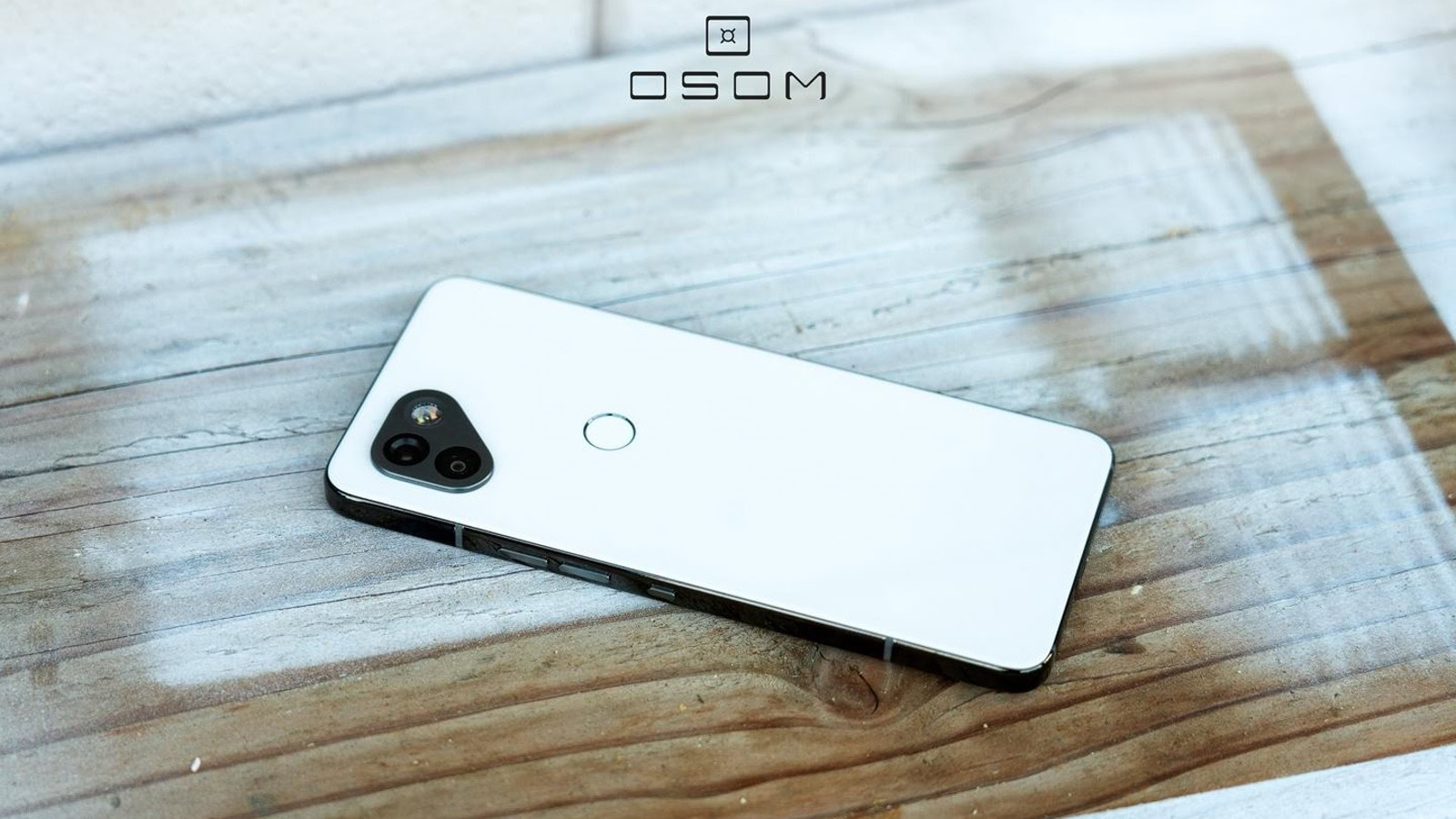
Supplied by OSOM
OSOM emerged from the ashes of Essential a few years ago. The upstart brand initially delivered the Solana Saga phone before releasing a so-called privacy cable for data transfer and charging. But August brought news that the company was effectively shutting down.
It’s not unheard of for a smartphone company to shut down. In fact, Royole and Bullitt Group were two other brands that shut down in 2024. However, OSOM’s demise was accompanied by a lawsuit from a senior exec alleging that founder Jason Keats misused company funds to pay for two Lamborghinis, fund his motorsport hobby, buy first-class air tickets, and more. Either way, this is another DNF for Keats (sorry).
6. T-Mobile’s Price Lock controversy
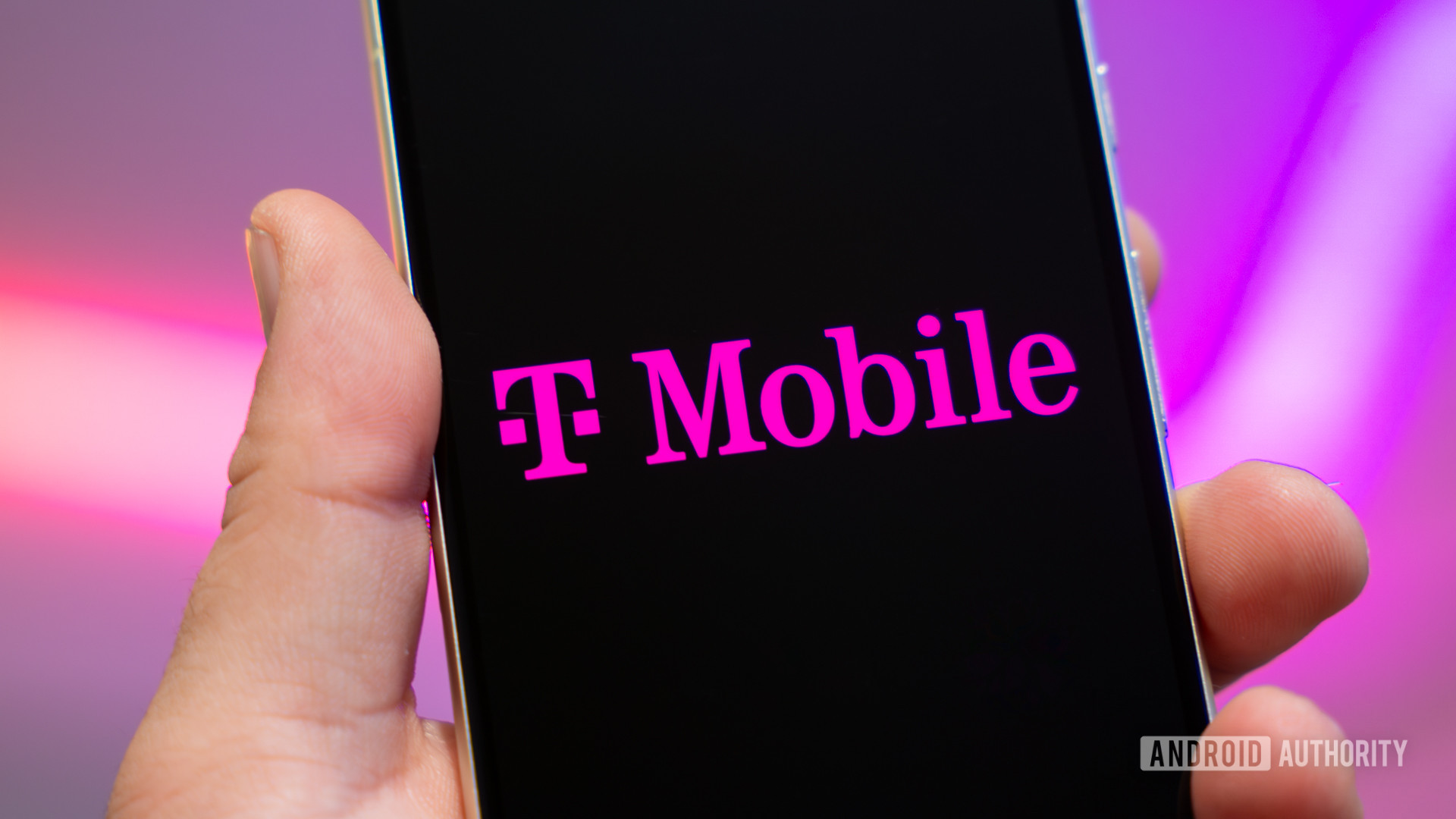
Edgar Cervantes / Android Authority
One of the biggest fails of 2024 was T-Mobile’s Price Lock controversy. The company offered a so-called Price Lock guarantee, and you’d naturally assume this means you’d pay the same price for the duration of your contract, right? That’s how price locks work everywhere else.
Unfortunately, this only meant that the carrier would pay for your last month of service if you chose to leave due to a price hike. That’s a fine offer if it were called anything but Price Lock. The US National Advertising Division ultimately asked the carrier to discontinue or modify this Price Lock claim. I find it really hard to believe that at least some people at T-Mobile didn’t speak up about this misleading name in the first place.
7. That limited Galaxy Z Fold Special Edition launch
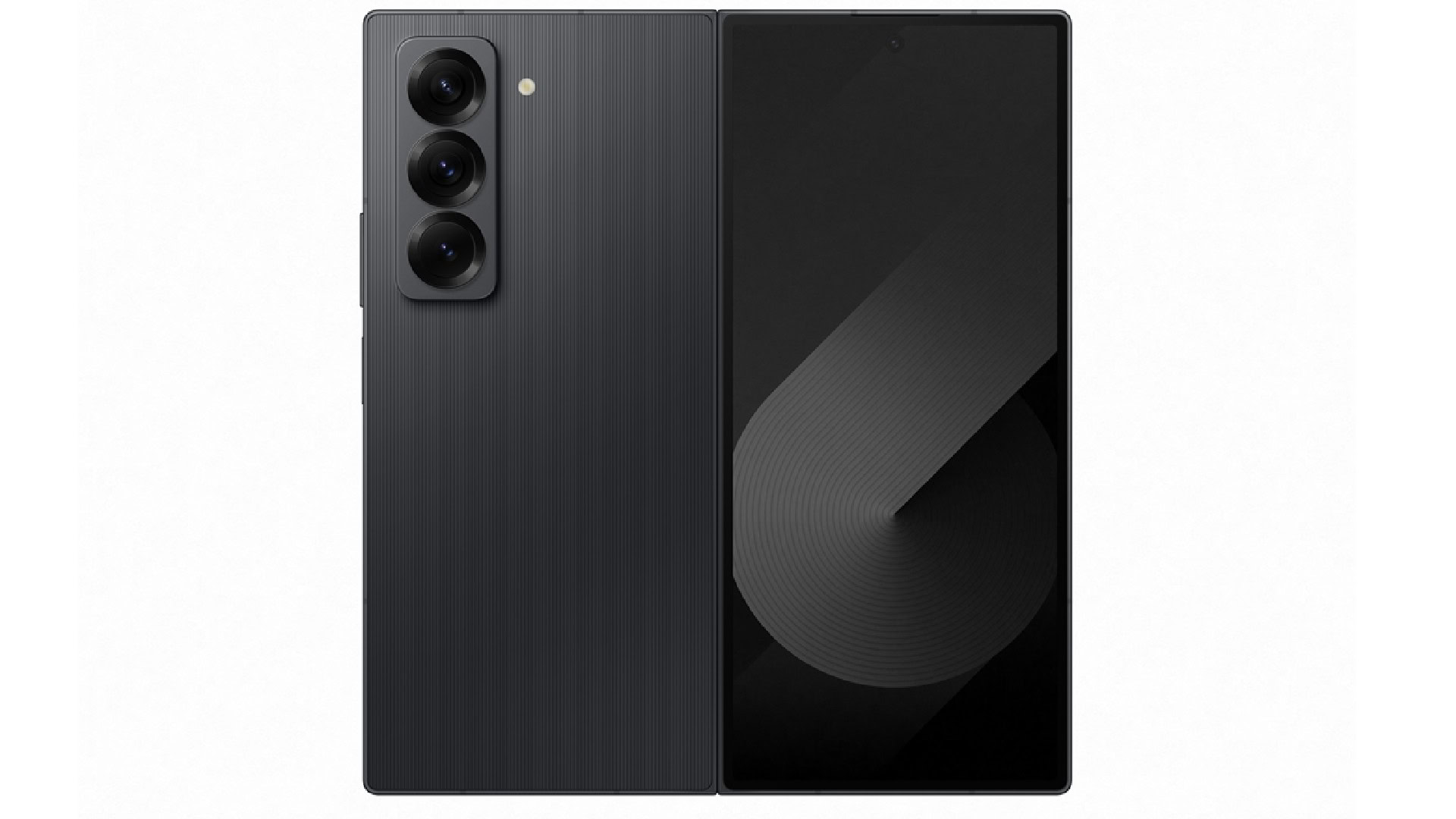
Samsung revealed the Galaxy Z Fold 6 back in July, but it offered few changes over the Z Fold 5. The cover screen had a slightly wider aspect ratio, it was slightly thinner and lighter, and it had an IP48 rating. Otherwise, there was very little to differentiate this phone from the older model.
Want a more radical upgrade? That’s where the Galaxy Z Fold Special Edition came in, featuring a more smartphone-like cover display, a larger folding screen, a 200MP main camera, more RAM, faster Wi-Fi, and a much thinner design. The latter came at the expense of S Pen support, though.
Nevertheless, we were really disappointed with the Special Edition model’s limited release. The device was only launched in Korea, although it did come to China as the Samsung W25. It’s a real shame that Samsung didn’t bring this phone to more markets, especially when Chinese rivals continue to offer more compelling hardware for the most part.
8. Verizon’s Pixel vulnerability

Robert Triggs / Android Authority
Pixel 8
Bloatware is always a concern for us, but Google Pixel phones on Verizon received a nasty preloaded third-party app. Security firm iVerify discovered that the Showcase APK shipping on Verizon’s Pixels had a major security flaw. This vulnerability opened the door to man-in-the-middle attacks, spyware installations, and more. This required a user’s password and physical access to the device, but still presented a risk nonetheless.
The third-party app, which was used to facilitate a demo mode on Pixel phones in Verizon stores, was ultimately removed from Pixel devices as part of the September 2024 update. Google also insisted that it didn’t see evidence this flaw was being actively exploited while adding that Pixel 9 phones didn’t ship with this app at all.
9. Galaxy Buds 3 Pro quality control issues
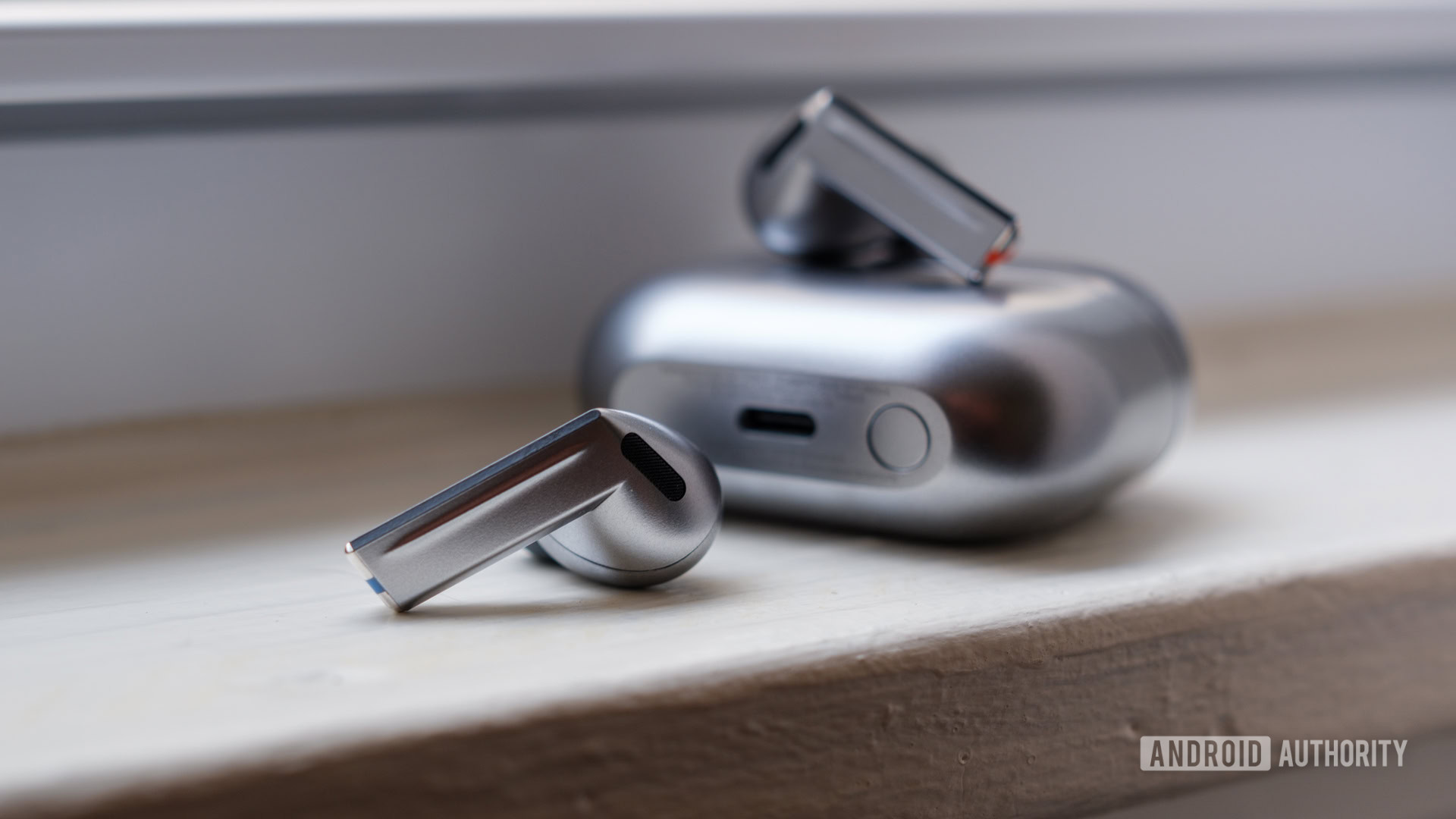
Ryan Haines / Android Authority
This isn’t explicitly a smartphone fail once again, but the Galaxy Buds 3 Pro launched alongside Samsung’s 2024 foldable. Some promos also paired the Galaxy Z Fold 6 with these earbuds.
You’d expect $250 wireless earbuds to have great build quality, but this wasn’t the case here. Many Galaxy Buds 3 Pro owners reported fragile ear tips that easily tore when trying to remove them, while others reported weird production issues like uneven seams, differing heights, dust and residue on new models, and more. No wonder Samsung temporarily pulled them to address these quality control problems.
10. MKBHD’s wallpaper app
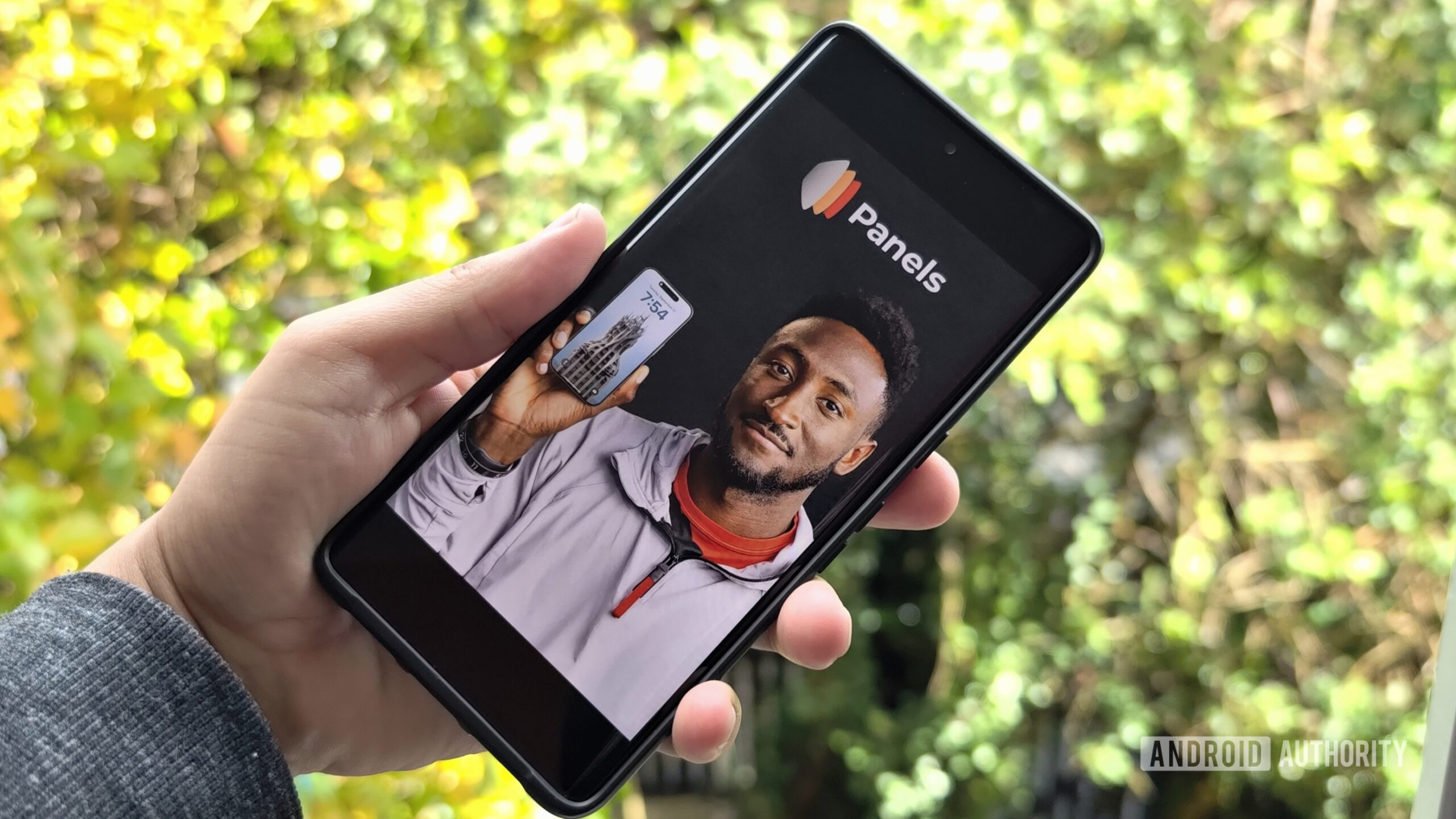
Hadlee Simons / Android Authority
Popular YouTuber Marques ‘MKBHD’ Brownlee launched a wallpaper app called Panels in September. While a wallpaper app on its own isn’t an issue, many viewers took umbrage with the pricing structure.
Panels initially had free and subscription-based tiers. The free plan offers SD-resolution wallpapers after watching ads, while the paid tier offers HD wallpapers for $12 a month or $50 a year. Critics took exception to the SD restriction for the free plan while also lamenting the expensive subscription fee, which is particularly disappointing at a time when subscriptions are everywhere and constantly on the rise. It also didn’t help that the app had some questionable permissions.
The good news is that Brownlee seemingly fixed most of these issues while also offering a $2/month ad-free tier. Users can also pay for collections of wallpapers from individual artists or opt for the existing $12 a month/$50 a year plan to unlock everything. Still don’t want to pay for wallpapers? Then you can always check our free Wallpaper Wednesday collection of backgrounds from readers and the Android Authority team.
That’s it for our list of phone fails and flops in 2024. What’s been the worst mobile-related fail of the year in your opinion?
You might like
